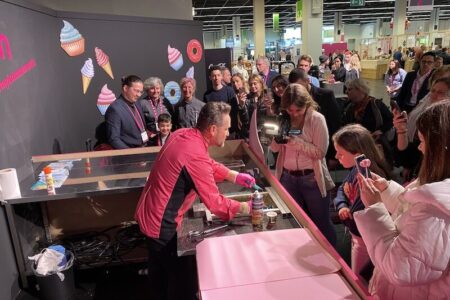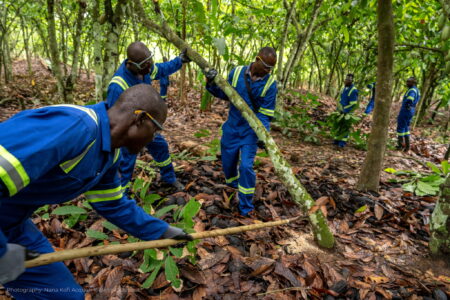Sugar cane sustainability report

Bittersweet, a new report by SOMO, finds that the rights of workers and communities are often at stake in the production of sugar cane. Supermarkets and other stakeholders have mostly been looking the other way. “A new case study in Malawi shows that farmers are evicted from their land to make way for an expanding sugar plantation. Working conditions for sugar cane workers that are outsourced through agencies are also below par,” says senior researcher Sanne van der Wal.
Bittersweet indicates sustainability issues are widespread. Jobs in the sugar cane sector are often insecure, badly paid and health and safety regulations are not always respected. In some producing countries even forced labour and child labour is reported. The production of sugar cane is also linked to harmful environmental impacts and land grab.
Although 80 per cent of sugar produced worldwide comes from sugar cane, at most 4.5 per cent of global production is sustainably certified; 20 per cent of all sugar consumed in the EU is produced from sugar cane that is imported to meet the EU sugar demand. However, sugar using companies hardly ever ask for the origin of sugar according to one of Europe’s largest sugar refiners. Although all leading Dutch supermarkets (Albert Heijn, Aldi, Lidl, Plus and Jumbo) have policies in place to minimise unsustainable practices in their supply chain, only Plus has a specific policy for sugar cane.
Sugar using companies do not generally specify from which suppliers they source their sugar, nor in what quantities. Opacity in the supply chain is identified in the report as one of the obstacle towards more sustainable production of sugar cane. When links between buying and producing companies are unclear CSOs, for example, cannot verify the production level impacts of policies that sugar using companies may have.



